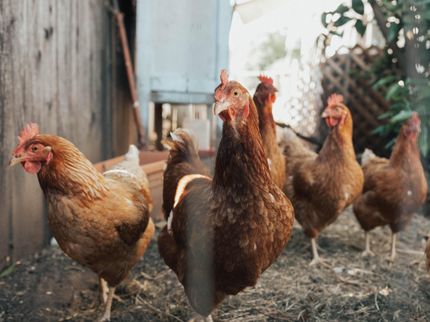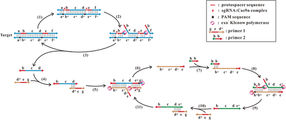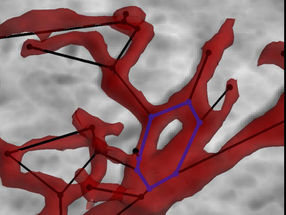Biosecurity has bigger role to play in livestock production
As concern about antibiotic resistance in humans grows, LANXESS – a leading specialty chemicals company for livestock production cleaning and disinfection products – have emphasized the key role that biosecurity must play in the industry’s future. “Disease prevention must always be the prime focus,” said Stephan Cho, Head of Market Segment Disinfection in the Material Protection Products business unit (MPP), at LANXESS. “Instead of waiting for problems to arise, we must take steps to build robust practices that prioritize hygiene and control. Biosecurity best practice, is our greatest weapon in helping to reduce the reliance on antibiotics in livestock meat production.”
Cho’s comments come ahead of LANXESS’s attendance at VIV Europe in Jaarbeurs, the Netherlands, the international conference on smart food production, convening every four years. The use of antibiotics has long been a contentious issue in livestock meat production. The US, for example, is estimated to use over 70 percent of its antibiotics on animals raised for human consumption, according to Review on Antimicrobial Resistance, 2016. Use of antibiotics in farm animals is not a problem in itself, but their use as routine treatment can lead to the development of pathogens acquiring resistance. Animal production systems with poor biosecurity present favorable conditions for the spread and persistence of antibiotic resistant bacteria – causing infections in animals and potential pressure on the future efficacy of antibiotics used in humans.
“Biosecurity is not just essential – it’s also a crucial element of a safe and cost-effective livestock production management program,” said Cho. “Reducing stress and lowering stocking densities are both methods to slow or halt disease-causing organism transmission but ultimately, there is always a risk, at which point best practice biosecurity protocols become critical.”
LANXESS are keen advocates for increased use of terminal and continuous biosecurity best practice and have recently launched the 360° approach to Biosecurity campaign. The campaign focuses on the key elements of biosecurity cleaning and disinfection; surfaces, air, water and equipment and highlights their proven and trusted portfolios of Biosolve heavy-duty cleaners and Virkon disinfectant solutions.
With mounting external pressure on the industry to reduce excessive antimicrobial use – EU governments have suggested incentives for farmers to do just that – preventative measures are becoming more prevalent, as biosecurity programs become more accessible, practical, and backed by research. The costs incurred by compromised biosecurity are difficult to quantify, but the severest and most visible instances are not. For example, the Dutch Avian Influenza outbreak that arose in late 2016 led to ten million birds lost – resulting in costs exceeding €150m.
Unmeasured costs resulting from insufficient biosecurity best practices have the potential to cumulatively impact financial stability, even setting aside the development of antibiotic resistant “superbugs”, and their potentially catastrophic global effect. Many diseases are not easily apparent in the early stages, the only indicators being a reduction of growth, health, and productivity, all of which can be misdiagnosed or go unnoticed. These small losses add up and represent a severe financial loss to the livestock production industry.
“LANXESS are determined to bring the most effective cleaning and disinfectant solutions to livestock producers and provide advice and guidance on biosecurity best practice,” added Cho. “We have to make biosecurity practical for all. To this end, we have made huge investments in formulating cleaning and disinfection solutions that exceed the limitations of standard generic products. Our solutions will enable the entire supply chain to ensure they have a biosecurity management program that works for them – ultimately making best practice more convenient than ever, and ensuring greater productivity and financial stability.”
Most read news
Other news from the department business & finance

Get the food & beverage industry in your inbox
By submitting this form you agree that LUMITOS AG will send you the newsletter(s) selected above by email. Your data will not be passed on to third parties. Your data will be stored and processed in accordance with our data protection regulations. LUMITOS may contact you by email for the purpose of advertising or market and opinion surveys. You can revoke your consent at any time without giving reasons to LUMITOS AG, Ernst-Augustin-Str. 2, 12489 Berlin, Germany or by e-mail at revoke@lumitos.com with effect for the future. In addition, each email contains a link to unsubscribe from the corresponding newsletter.





















































